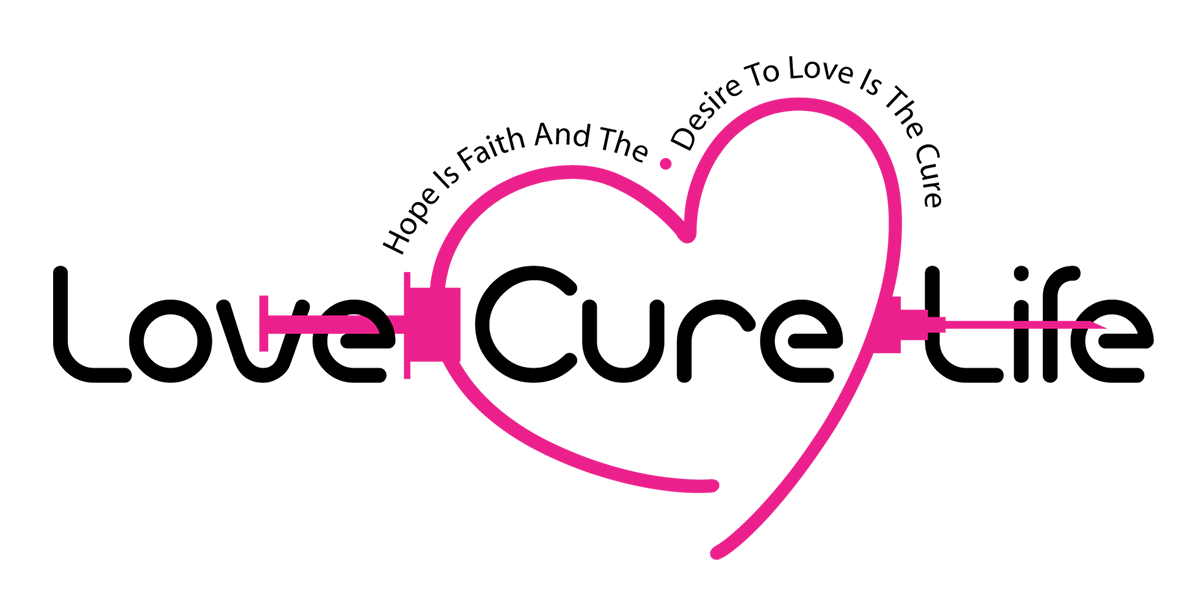Introduction
It can be tough when a disability makes life difficult. You may feel like you’re living in a world without options, and that’s only the beginning. Disabled people face unique challenges that aren’t typically faced by others. That’s why it’s so important to get the best possible care for those with disabilities. Here are five ways to deal with disabilities on a day-to-day basis:
Dealing with a disability: from diagnosis to treatment.
In order to receive the best treatment for a disability, it is important to get a diagnosis. This can be difficult, but with the help of an experienced doctor, you should be able to manage your condition on your own. If you have questions or concerns about your disability, make sure to talk to your doctor.
The importance of seeking treatment
If you don’t seek medical attention right away, you may find that your condition worsens and becomes more difficult to treat on its own. In addition, untreated disabilities can lead to long-term health problems. Seek professional treatment as soon as possible in order to improve your quality of life and prevent further damage.
The different types of treatments available
There are three main types of treatments for disabilities: physical, emotional, and spiritual.physical treatments involve taking medication or undergoing surgery in order to improve your health overall. emotional treatments involve changing Your outlook on life in order to cope with the challenges of having a disability. spiritual treatments involve spending time outside of the usual routine in order to connect with nature or religious values.
Tips for dealing with a disability.
When you find out you have a disability, it can be difficult to try and live a normal life. However, there are many ways to deal with this diagnosis. You may want to accept your diagnosis and work with a disability care professional to find support networks. This will provide you with support as you cope with your disability and learn how to live an independent life.
Finding support networks
Finding support networks can be one of the most important steps in dealing with a disability. By finding people who share your experiences and beliefs, you’ll be able to build stronger relationships that will help improve your mental health and overall well-being. Additionally, by joining Disability Resource Centers (DRCs), you can connect with other people who have disabilities or are affected by them in their own way.
Seeking treatment
If you decide that seeking treatment is necessary for your condition, it’s important to do your research first. A Medicaid doctor or therapist can help guide you through the process of seeking treatment and providingyou with the resources needed for successful Treatment Management (TM).TM is a system designed to manage the needs of people with Disabilities using best practices from medical communities around the world. By working with a therapist or doctor who is familiar with TM, you can maximize the potential for success and reduce your anxiety and stress.
Living with a disability.
Living with a disability can be difficult, but there are many ways to manage your symptoms. You may need to adjust your routines, find new activities and hobbies, and communicate with family and friends about your condition.
Adjusting to your new normal
Adjusting to living with a disability can be one of the most difficult aspects of the process. You may feel like you’re in a drag when it comes to functioning normally, but try to stay positive and take things one day at a time. In addition, find ways to enjoy life as much as possible – even if that means taking short breaks from work or living on my own for awhile.
Find hope and positivity
Finding hope and positivity can be one of the most important steps you can take while living with a disability. Whether you’re dealing with feelings of sadness, anger, or fear, finding solace in positive thoughts can help make life easier overall. Additionally, by keeping positive thoughts forefront in your mind, you may find it easier to cope during tough times – whether those times are during treatment or everyday moments].
Conclusion
Living with a disability is an extremely challenging experience. Whether you are diagnosed with a disability or not, it’s important to take care of yourself and your family. By accepting your diagnosis and seeking treatment, you can manage your symptoms and live a quality life with a disability. In the end, hope and positivity will be the biggest blessings you ever receive.
